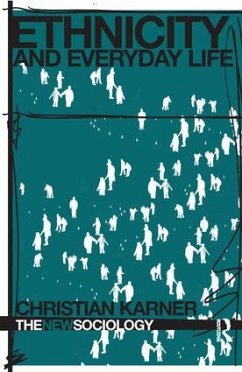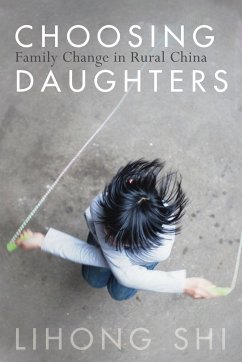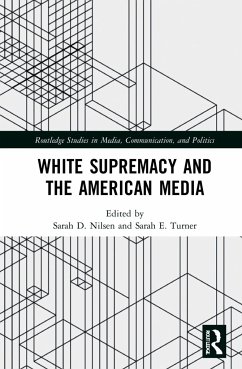
Daughters of the White God
Cleanliness as a part of Mari identity
Versandkostenfrei!
Versandfertig in 6-10 Tagen
15,99 €
inkl. MwSt.

PAYBACK Punkte
8 °P sammeln!
The focus of this study is the concept of cleanliness among the Mari, a people speaking a Finno-Ugrian language living in the Volga region of Russia. I personally had a chance to carry out ethnological expeditions in the Mari Republic and in the Mari villages of the Baskir, Tatar and Udmurt Republics, as well as the Kirov and Perm regions from 1981 until recently. In this book, I discuss the concept of hygiene of Mari women and the changes it underwent from Soviet times until today. I explore cleanliness as a discourse and practice as traditional morality in addition to being a concept of hygi...
The focus of this study is the concept of cleanliness among the Mari, a people speaking a Finno-Ugrian language living in the Volga region of Russia. I personally had a chance to carry out ethnological expeditions in the Mari Republic and in the Mari villages of the Baskir, Tatar and Udmurt Republics, as well as the Kirov and Perm regions from 1981 until recently. In this book, I discuss the concept of hygiene of Mari women and the changes it underwent from Soviet times until today. I explore cleanliness as a discourse and practice as traditional morality in addition to being a concept of hygiene adopted by Soviet mass culture. How has the propaganda of health and hygiene influenced the practices of everyday life? What connection was made between the traditional concept and the government propaganda?












